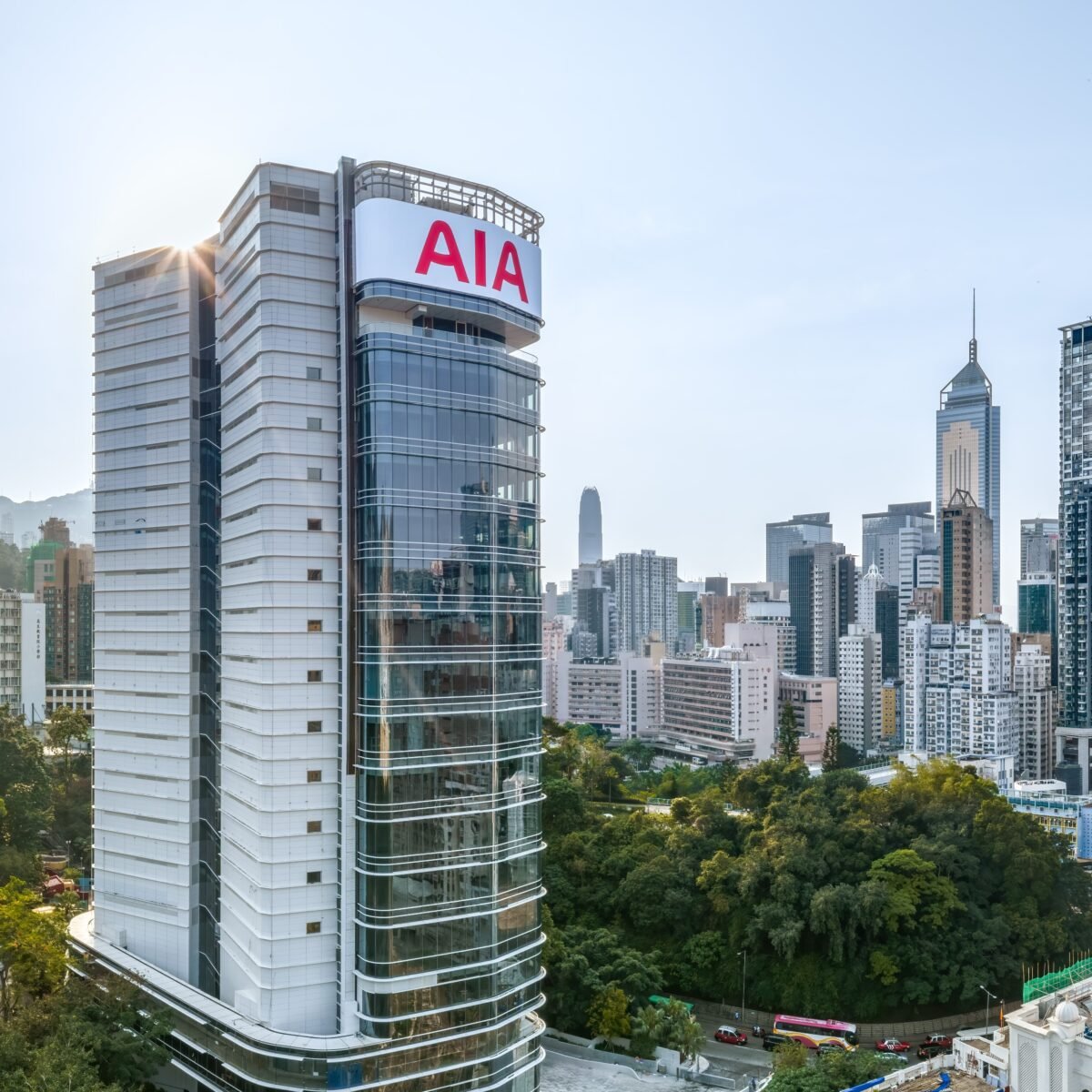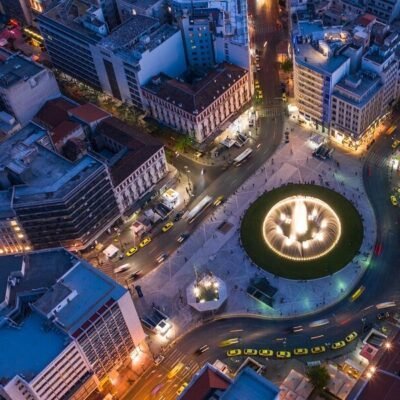Commercial real estate must adhere to environmental, social and governance (ESG) and sustainable standards in the future.
Especially for office buildings, these efforts will draw tenants and make them attractive long-term investments for asset owners, according to Mark Konyn, group CIO at AIA.

Mark Konyn
AIA
“If you are developing property today and you are not building in sustainability elements you are going to have a problem going forward competing for high-quality, international tenants. Hong Kong is of course an international centre, so it is absolutely critical,” Konyn said.
He elaborated on the Hong Kong-based insurance group’s stance on real estate investments at a press event on May 27 for the opening of its redeveloped headquarters, a 22-floor urban campus wholly owned, operated, and solely occupied by AIA.
ESG considerations were incorporated to the redevelopment of the building, which has obtained green building credentials including platinum ratings across LEED, WELL and BEAM+ pre-certifications.
Sustainability features include 80 electric vehicle chargers, rooftop solar panels, and a biodiesel generator with self-sustaining power supply, among others.
Such efforts will also be a priority for AIA’s own real estate portfolio. As the business world increasingly sets targets to lower carbon footprint, the demand for office space will change accordingly. Investors should therefore optimise real estate assets to cater tenants’ needs.
“Companies have increasingly made their net zero commitment, as we have. To fulfil their commitment to that net zero undertaking, they need to make sure that the space they occupy, which counts towards that their own carbon footprint, is consistent with their net zero outcome,” Konyn said.
Backed by the United Nations, net zero means cutting carbon emissions to a small amount of residual emissions that can be absorbed and durably stored by nature and other carbon dioxide removal measures, leaving zero in the atmosphere.
LANDLORD LESSONS
AIA had $268.5 billion in total investments at the end of 2023. Although fixed income makes up the lion’s share followed by equities, real estate investments have a relevance within AIA’s portfolio.

Lee Yuan Siong
AIA
“Real estate is a very natural asset for insurance companies like us because we have very long term liabilities, and real estate is a very good investment class for us to be participating in. But that said, our exposure to real estate as a whole is still single digit [percentage of the total portfolio],” said Lee Yuan Siong, AIA group chief executive and president.
Konyn elaborated that real estate investments have been “very positive” for AIA over the years.
The insurance group has invested directly across Asia Pacific, but also has a growing portfolio of real estate investments globally through fund managers.
“The benefit of real estate is that it is a real asset. In an environment where inflation has moved up, real estate generally keeps pace with inflation, so it is a good long-term asset, which helps diversify the portfolio more broadly,” Konyn said.
AIA has a presence in 18 markets across Asia Pacific and has therefore also invested directly in buildings to house staff in some of these markets.
Outside of Hong Kong, the insurance group owns the buildings for its offices in Thailand, Malaysia, Singapore, Korea, and Mainland China.
As the buildings are only partially occupied by AIA staff, office space is rented out to other organisations and companies.
“[As a landlord] it is critical to manage your occupancy and understanding of where you are in the economic cycle,” Konyn said.
This landlord role provides the insurer insights into tenant demands, and ESG and sustainability help filling floors, on top of energy efficiency. As such, building the new headquarter from scratch also provided additional learning as the AIA “maxed out” these efforts, Konyn explained.
¬ Haymarket Media Limited. All rights reserved.





